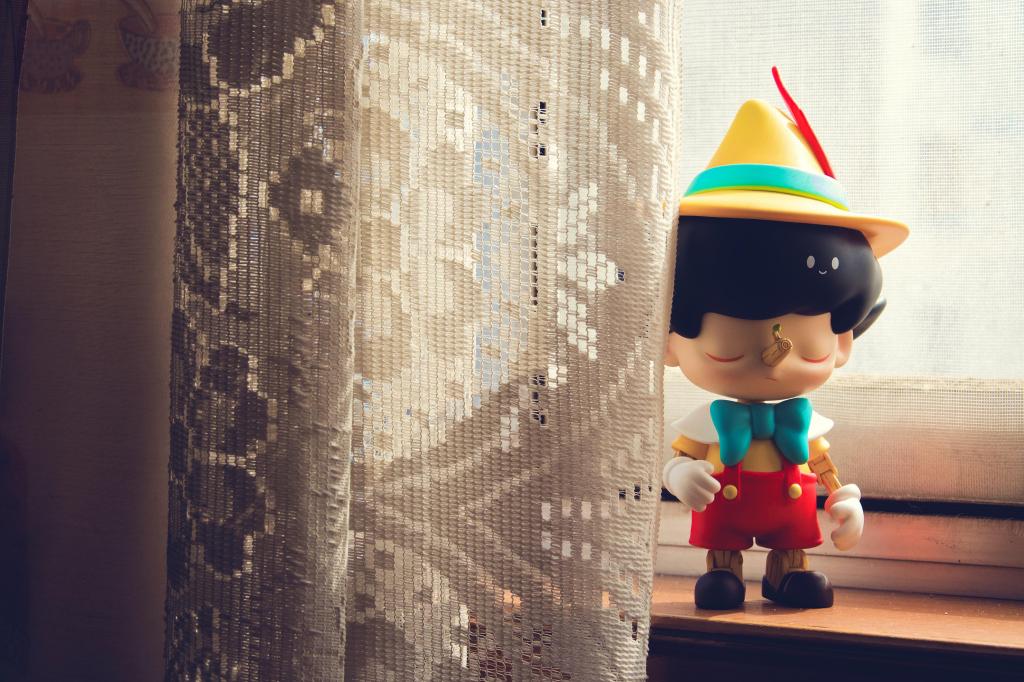The ethics of honesty are always interesting to explore. Most of us agree that being honest is morally good, but is it important to always tell the truth, no matter what? What if the truth will only hurt someone’s feelings? Is it always wrong to lie? What if a lie will save someone’s life? Is there a moral difference between stretching the truth and completely demolishing it? Does it depend on why people are doing it?
The reasons people lie are many and varied, of course. But new research gives us some insights into the most common motivations for lying, and surprisingly, the findings are actually pretty heartwarming.
A study published in the Canadian Journal of Behavioural Science in October 2022 looked at the link between personality and lying motivation, as well as the most common reasons people lie. In the study, a group of 257 people were questioned about their lying frequency, lying motivations and personality traits (using the HEXACO Personality Inventory, which measures honesty-humility, emotionality, extraversion, agreeableness, conscientiousness and openness to experience).
An analysis of the research by Arash Emamzadeh in Psychology Today detailed the findings, which revealed 11 motives for lying:
1. To avoid judgment or shame
2. To avoid punishment
3. Protected from retaliation
4. No “good reason” (basically compulsive lying)
5. To impress others
6. To get a reward
7. Carelessness and impulsiveness
8. To get pleasure out of deceiving people
9. To keep a personal info secret
10. Prosocial reasons that lead to happiness (e.g., telling kids Santa is real)
11. Altruistic reasons (to protect others from harm)
As Emamzadeh pointed out, the first nine motivations on the list are self-serving, while the last two are oriented toward benefiting other people. And while we might assume that most lying is done for selfish reasons, the study actually found the opposite. The top three reasons people reported lying were altruistic reasons, prosocial reasons and avoidance of being judged.
So the biggest reason people lie is to help others. Who knew?
Of course, personality plays a role in why and how often people lie. The study found that lying in general is common, but also found that certain HEXACO personality traits are correlated with more and less frequent lying, as well as different motivations for lying.
People high in the honesty-humility trait were less likely to lie and the majority of lying motivations didn’t apply to them. Not surprising.
The emotionality trait (sensitivity/anxiety) was associated with lying to avoid unpleasant or awkward feelings as well as altruism.
Individuals high in extraversion tended to lie more for self-centered reasons and were less likely to lie to keep personal information secret.
Highly agreeable people tended to lie less to avoid punishment or shame or to impress others and also weren’t prone to compulsive lying.
Those high in conscientiousness reported lying less frequently and lying less for self-serving reasons, while those low in this trait were more likely to compulsively lie and to enjoy deceiving people.
People most open to new experiences tended to lie for prosocial, others-serving reasons.
Most of the correlations between personality traits and lying are fairly unsurprising, but it is reassuring to know that some behavior and motivation can be predictable.
It’s also reassuring to know that most lies aren’t as selfish as we might assume they are. Philosophers have long debated the existence and merits of the noble or virtuous lie, and there are compelling arguments for and against lying for morally justifiable reasons. But at the very least, the fact that most lying is done to help others tells us that we are more prone to looking out for one another than we are to serving ourselves. And that’s a solid plus one for humanity.







































